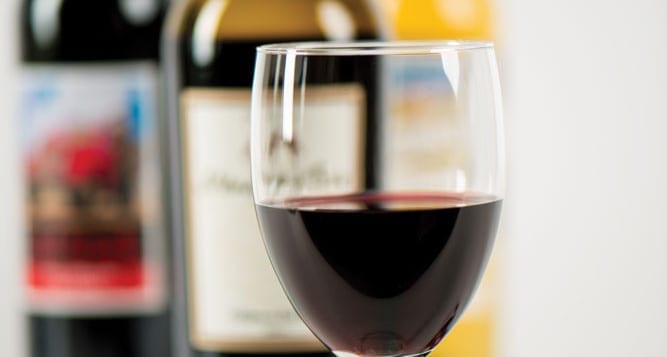Wine has health benefits throughout history
By Bob Lipinski
Wine has a long history of use as a medicine, often being recommended by doctors, including Hippocrates, considered the father of medicine, and alchemists. It was consumed as an alternative to drinking often-contaminated water as well as to disinfect and dress wounds, as a digestive aid, to purge fever and sufferings from child birth, as cure-alls for man’s ailments, love potions and guarantees of everlasting life, for rejuvenation, and sexual potency, and even as an aphrodisiac. Wine was easy to make; ancient winemakers used whatever grapes were available and relied on the natural yeast on the grapes to ferment the wine. Wine was easy to drink (not high quality) and the high alcohol content made dissolving herbs and other medicines much easier.
Among the many ancient drinks was one called Hippocras, a highly spiced honey wine that was made more than 2,300 years ago by Hippocrates. Hippocras was quite popular in Europe until the time of Louis XV of France.
Wine, consumed in moderation, has long been thought of as heart-healthy. The alcohol and certain substances in wine, called antioxidants, may help prevent heart disease by increasing levels of high-density lipoprotein (HDL) cholesterol — the “good” cholesterol — and protecting against artery damage.
During the past several decades, there have been hundreds of studies confirming the health benefits of consuming wine, especially red wine, in moderation.
Numerous studies have found that a powerful polyphenol known as resveratrol is found in the seeds and skins of red grapes, which has antioxidant properties. Red wine has a high concentration of resveratrol because the skin and seeds ferment in the grape-juice during the winemaking process. White wine also contains resveratrol, but seeds and skin are removed early in the winemaking process, reducing the concentration of the compound in the finished wine. Resveratrol can also be found in blueberries and cranberries.
Scientific research has suggested that resveratrol may have very desirable health benefits, from fighting cancer and heart disease to slowing aging. The amount of resveratrol in wine varies by the grape variety, country of origin, and the winemaking process.
There is some research showing that wine may have other health benefits as well, including slowing memory loss, preventing dementia, fighting weight gain, protecting against dental disease and reducing risk of depression.
As a part of a healthy lifestyle, we often find ourselves reading food labels, looking for the number of calories, grams of fat, sodium and so forth. Regarding wine, there are calories present, which vary depending on the number of ounces, alcohol content and amount of sugar present. With few exceptions, most red and white wines fall between 11 to 14.5 percent alcohol. In restaurants, the “standard” glass of wine is about 6 ounces.
Let’s not forget Hippocrates’ wise words on wine’s health benefits.
“Wine is a substance that is wonderfully appropriate to man, in health as well as in sickness, if it be administered at the right time, and in proper quantities, according to the individual constitution,” the physician once said.
Bob Lipinski, a local author, has written nine books, including “101: Everything You Need To Know About Whiskey” and “Italian Wine & Cheese Made Simple” (available on Amazon.com). He conducts training seminars on Wine, Spirits, and Food, and is available for speaking engagements. He can be reached at www.boblipinski.com OR [email protected]







